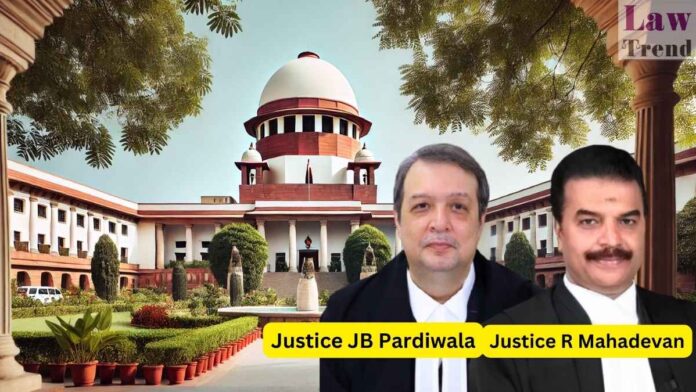The Supreme Court of India, in a significant ruling, has held that an inspection, search, and seizure conducted under the Legal Metrology Act, 2009, without a prior warrant and without recording “reasons to believe,” is illegal and unsustainable in law. A bench comprising Justices J.B. Pardiwala and R. Mahadevan set aside a Karnataka High Court
To Read More Please Subscribe to VIP Membership for Unlimited Access to All the Articles, Download Available Copies of Judgments/Order, Acess to Central/State Bare Acts, Advertisement Free Content, Access to More than 4000 Legal Drafts( Readymade Editable Formats of Suits, Petitions, Writs, Legal Notices, Divorce Petitions, 138 Notices, Bail Applications etc.) in Hindi and English.




